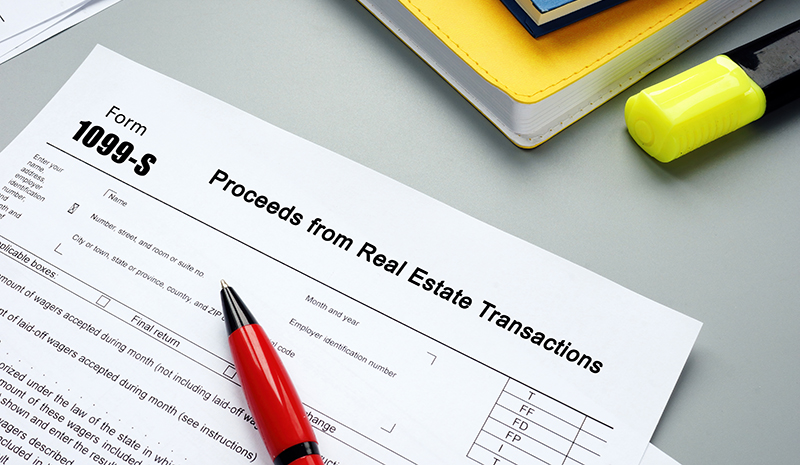How do I put a 1099-S (inherited home sale) on my IRS taxes?
March, 23 2021 by Carolyn Richardson, EA, MBA
Last parent passed away in 2020. Left home to four daughters through a beneficiary deed. Home sold immediately upon death. Received 1099S tax form. Money should not be taxable as estate under 1 million. How do I put this in my return for IRS but not pay taxes on my share of the home proceeds? Home owned by parents for 30 years.
-Kim
Hello Kim,
Thank you for contacting TaxAudit regarding your question about selling your parent’s house after you received it via a beneficiary deed.
First, I’m going to assume that you have already confirmed that you have no estate tax return requirement. Second, I’m going to assume that the property was located in a state other than Georgia and that the beneficiary deed was valid. I'm saying this because my research indicates that Georgia does not allow property to be transferred after the death of the owner via a beneficiary deed. Based on research, it appears only about 13 states allow property to transfer in this manner. If the property was in another state where the deed was valid, you may need to file a nonresident return in that state because the sale proceeds would be considered income from that state. If the property was located in Georgia, you may want to consult an attorney who is familiar with local property laws and estates, even though the property has already been sold, as the transfer of the title might not be valid.
But assuming the beneficiary deed was valid and that you and your sisters had the ability to sell the property under that deed, the good news is that this is not likely to result in taxes due on the sale. When you inherit real property, like a home, then for tax purposes the beneficiaries receive what is called a “stepped-up” basis. What this means is that when you received the property as your inheritance, the “cost” for calculating the gain on the sale is the same as the market value on the date that your parent passed away. Since it appears that you sold the house fairly quickly after your parent died, the value on the date that parent passed away is probably either the same amount you sold the property for, or something very close to that amount. If there was a long delay between the time when your parent died and the time that you sold the house then you probably should have obtained an appraisal at the time your parent died to determine the value of the house, just to establish the fair market value at the time. This can be important in a hot real estate market where values increase significantly every month, but this doesn't seem to be the case in your situation. Also, since most states follow the federal rules for inheritances of property, there should be no taxes due on the property for your state returns, but you should confirm that Georgia and the state where the property was sold do not have different rules for state purposes. It is also possible that the state may have a lower threshold for estate tax return purposes which may require you to file a return to report the sale on an estate return rather than your personal return.
Since you received a Form 1099-S for the sale, you should report the sale on Form 8949 and Schedule D in your tax return as a sale. The sales price and cost basis will be the same amount, which will result in a gain of $0. Make sure that you indicate on the form that the “date acquired” is “inherited.” This will ensure that any tax software you are using will treat the sale correctly. You may even be able to deduct any selling expenses that you and your siblings paid on the sale.
If the 1099-S shows the entire sale price and not just your portion, the treatment is essentially the same since there is no gain to tax, but you may want to consider reporting the sale with you as the “nominee” for your siblings. To report it this way, you would show the full amount on your return and then below that, you would show the amount allocated to each of your siblings by name and social security number. However, since there is no gain, I consider this treatment to be unnecessary. If you each received a 1099-S with your portion of the sale proceeds, just report that portion as the sale price with the corresponding equal cost basis for the inherited property.
Best wishes,
Carolyn Richardson, EA





